Sleeping in your car in Kansas exists in a complex legal landscape where state laws, municipal ordinances, and specific circumstances all play crucial roles in determining legality. While Kansas doesn’t have a specific statewide prohibition against sleeping in vehicles, the practice is governed by various local regulations, DUI laws, and public safety ordinances that can make it illegal under certain circumstances.
Understanding Kansas State Laws
Rest Area Regulations
Kansas allows overnight sleeping at designated rest areas with specific restrictions and time limits. The Kansas Department of Transportation (KDOT) has established clear guidelines that permit travelers to stay up to 24 hours at rest areas, with overnight camping allowed for one night only. These regulations specifically state that visitors cannot block the free flow of traffic within rest areas or prevent others from accessing facilities and spaces.
The state’s rest area policies are more accommodating than many other states, recognizing the practical need for travelers to rest safely during long journeys. However, these rules don’t apply to service areas operated along Kansas Turnpikes, which fall under the jurisdiction of the Kansas Turnpike Authority and may have different regulations.
DUI Considerations While Sleeping in Vehicles
Kansas has particularly strict laws regarding DUI charges for individuals found sleeping in their cars while intoxicated. Under Kansas law, it’s possible to be arrested for DUI even if you’re simply sitting in your vehicle with the heater, air conditioning, or radio running. The state defines DUI as operating or attempting to operate a vehicle while above the legal blood alcohol content of 0.08%.
The Kansas Supreme Court’s decision in State v. Darrow established important precedent regarding this issue. The court ruled that “operate” is synonymous with “drive” and requires some movement of the vehicle, while an “attempt to operate” means an attempt to move the vehicle. Simply taking physical control of a vehicle without attempting to move it is insufficient to meet the attempt to operate element of DUI.
Municipal and Local Ordinances
City-Specific Regulations
Many Kansas cities have enacted their own ordinances that restrict or prohibit sleeping in vehicles within city limits. The City of Silver Lake, for example, has ordinances that specifically prohibit sleeping in automobiles or non-recreational vehicles in areas not designated for camping or on private property without proper licensing.
Several Kansas municipalities have adopted similar recreational vehicle parking ordinances that regulate vehicles actively used as sleeping or living accommodations. These ordinances typically aim to discourage permanent or long-term use of vehicles for living purposes while encouraging overnight parking in designated areas.
Enforcement Variations
Local law enforcement approaches to sleeping in cars vary significantly across Kansas communities. In Kansas City, officers generally don’t pursue charges if individuals are not intoxicated, parked on public streets legally, and not appearing to live in their vehicles permanently. However, enforcement can be stricter in areas with specific anti-camping ordinances or during certain circumstances.
Recent developments in Wyandotte County demonstrate how local policies can change rapidly. County lawmakers have proposed ordinances that would make it illegal for people to sleep outside on public and private property without permits, with potential citations up to $200 and jail stays up to one month.
Recent Legal Developments
Supreme Court Impact
The U.S. Supreme Court’s 2024 decision in Grants Pass v. Johnson has significant implications for homeless individuals sleeping in vehicles. The court ruled that cities can ban people from sleeping and camping in public places, overturning lower court rulings that deemed such punishments cruel and unusual under the Eighth Amendment.
This decision affects the legal landscape in Kansas by allowing municipalities greater enforcement powers against public sleeping, including sleeping in vehicles on public property. The ruling particularly impacts the quarter of a million people living on streets, in parks, and in their cars across the United States.
Kansas Legislative Trends
Kansas lawmakers have shown increasing interest in addressing homelessness through legislation. Proposed bills have included provisions to establish crimes for using state or local government-owned land for unauthorized sleeping, camping, or long-term shelters unless specifically authorized. These legislative trends suggest that sleeping in cars on public property may face stricter regulation in the coming years.
Practical Guidelines for Legal Compliance
Safe Parking Locations
Private property with permission remains the safest legal option for sleeping in vehicles in Kansas. Many Walmart locations traditionally allowed overnight parking, though this practice has become less common, with only approximately 58% of locations currently permitting overnight stays. Store managers make individual decisions based on local laws, parking availability, and corporate policies.
Truck stops and travel plazas generally provide more reliable options for overnight parking, as they’re typically open 24 hours and don’t require specific permission. These facilities often offer additional amenities like showers and laundry services.
Best Practices for Avoiding Legal Issues
When sleeping in a vehicle in Kansas, several strategies can help avoid legal complications. Choose sleeping locations carefully, preferably in the back seat rather than the driver’s seat to avoid implications of intent to drive while impaired. Ensure the vehicle is legally parked in areas where overnight parking is permitted.
Remove keys from the ignition and store them away from the driver’s area if alcohol has been consumed. This helps establish that there was no intent to operate the vehicle while impaired. Additionally, avoid using accessories like heaters or air conditioning that might suggest attempted operation of the vehicle.
Municipal Research Requirements
Before sleeping in a vehicle in any Kansas community, research local ordinances and regulations. Contact local police departments or city halls to understand specific rules about overnight parking and sleeping in vehicles. Many cities post parking regulations online, including restrictions on overnight parking, time limits, and prohibited areas.
Potential Consequences and Penalties
Legal Penalties
Violations of local sleeping-in-vehicle ordinances can result in various penalties depending on the specific municipality. Fines can range from minor citation amounts to significant penalties, with some jurisdictions imposing fines up to $200. More serious violations, particularly those involving DUI allegations, can result in jail time and substantial legal consequences.
Long-term Implications
Legal violations related to sleeping in vehicles can have lasting impacts beyond immediate penalties. Citations and arrests can affect employment opportunities, housing applications, and other aspects of life. For individuals experiencing homelessness, these legal consequences can create additional barriers to achieving stable housing.
Statistical Context and Trends
Homelessness Statistics
Kansas, like many states, faces ongoing challenges with homelessness that directly relate to vehicle dwelling. The Department of Housing and Urban Development defines “unsheltered” individuals as those sleeping in places not designed for regular sleeping accommodation, including vehicles. This definition encompasses many people who sleep in cars out of necessity rather than choice.
Vehicle Ownership Data
Vehicle ownership statistics in Kansas show that some households lack access to vehicles entirely, while others may rely on vehicles for temporary shelter during housing transitions. Understanding these demographics helps explain why vehicle sleeping laws have significant social implications beyond simple parking regulations.
Recommendations for Vehicle Dwellers
Documentation and Preparation
Individuals who may need to sleep in vehicles should maintain proper documentation and vehicle registration. Ensure vehicles are legally registered, insured, and meet all safety requirements. Keep emergency contact information accessible and maintain communication with family or support networks when possible.
Alternative Resources
Explore available resources for temporary housing assistance before resorting to sleeping in vehicles. Many Kansas communities have social service organizations that provide emergency shelter referrals, though availability may be limited. Contact local churches, community centers, and nonprofit organizations for potential assistance or safe parking programs.
The legal landscape surrounding sleeping in cars in Kansas continues to evolve with changing municipal ordinances, court decisions, and social attitudes toward homelessness. While state law doesn’t explicitly prohibit the practice, local regulations and enforcement priorities can create significant legal risks. Success in avoiding legal complications requires careful attention to local laws, responsible behavior, and awareness of the complex interplay between various legal jurisdictions that govern this issue.
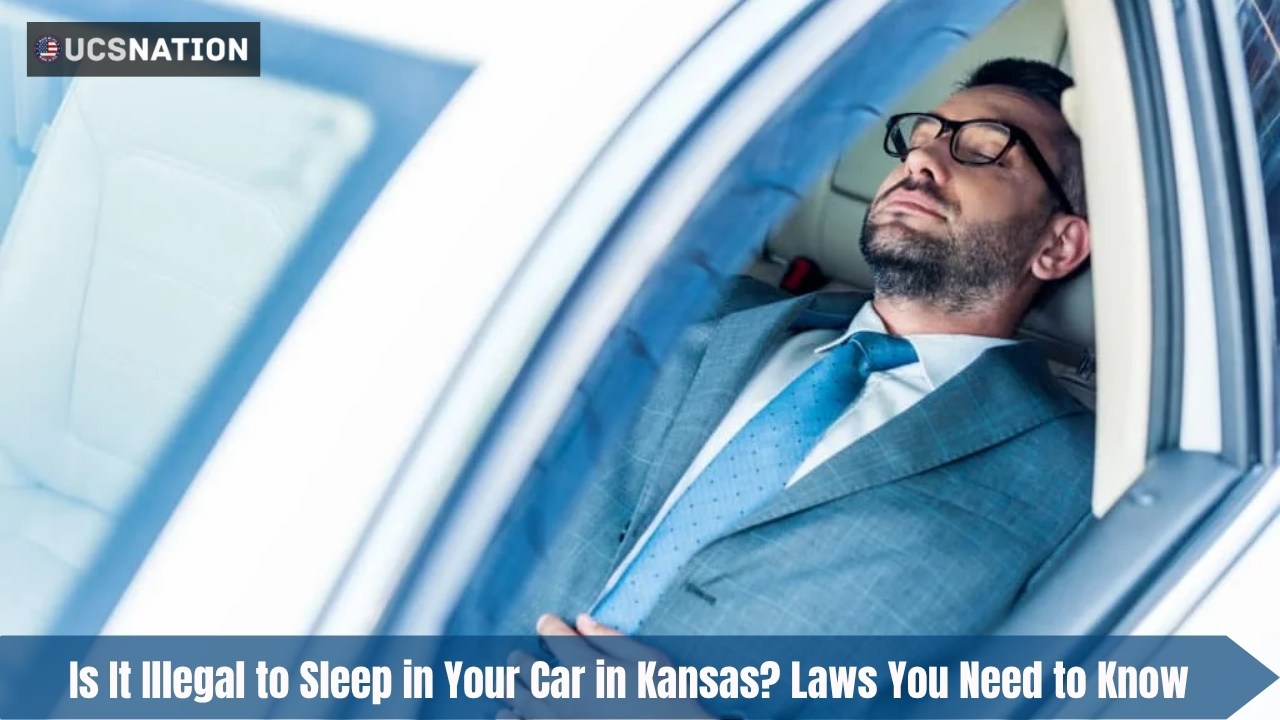


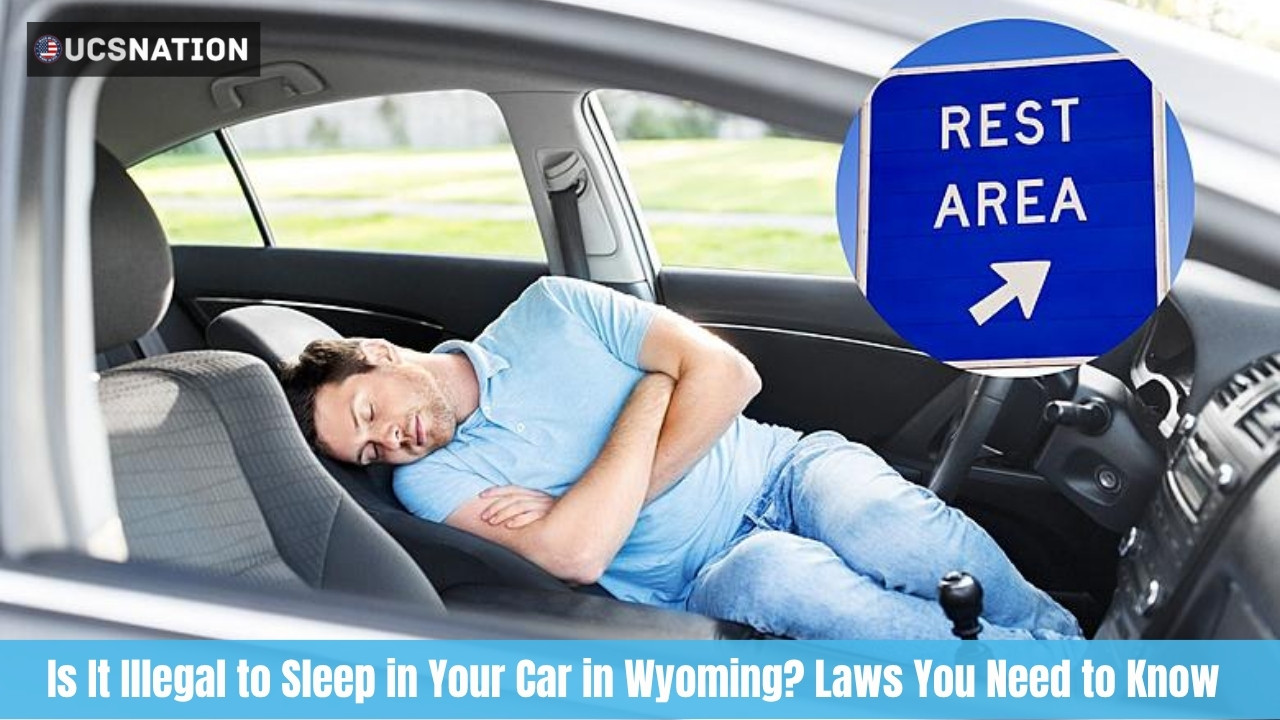
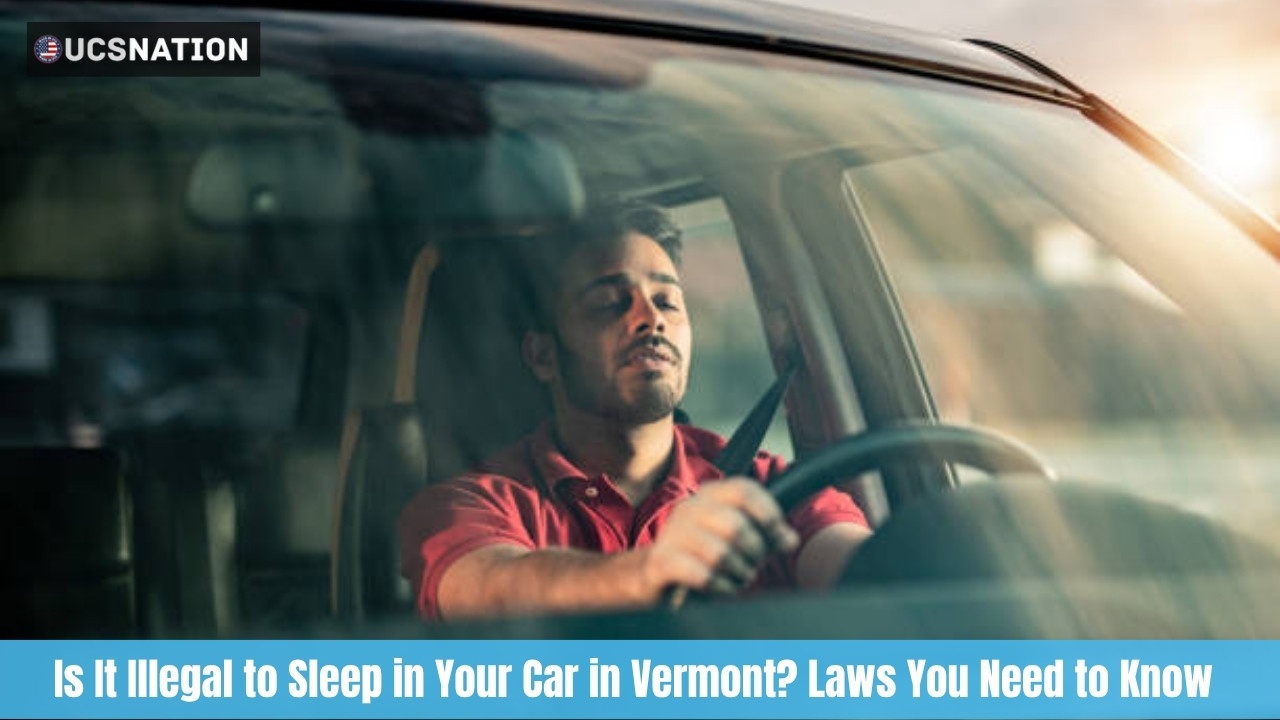
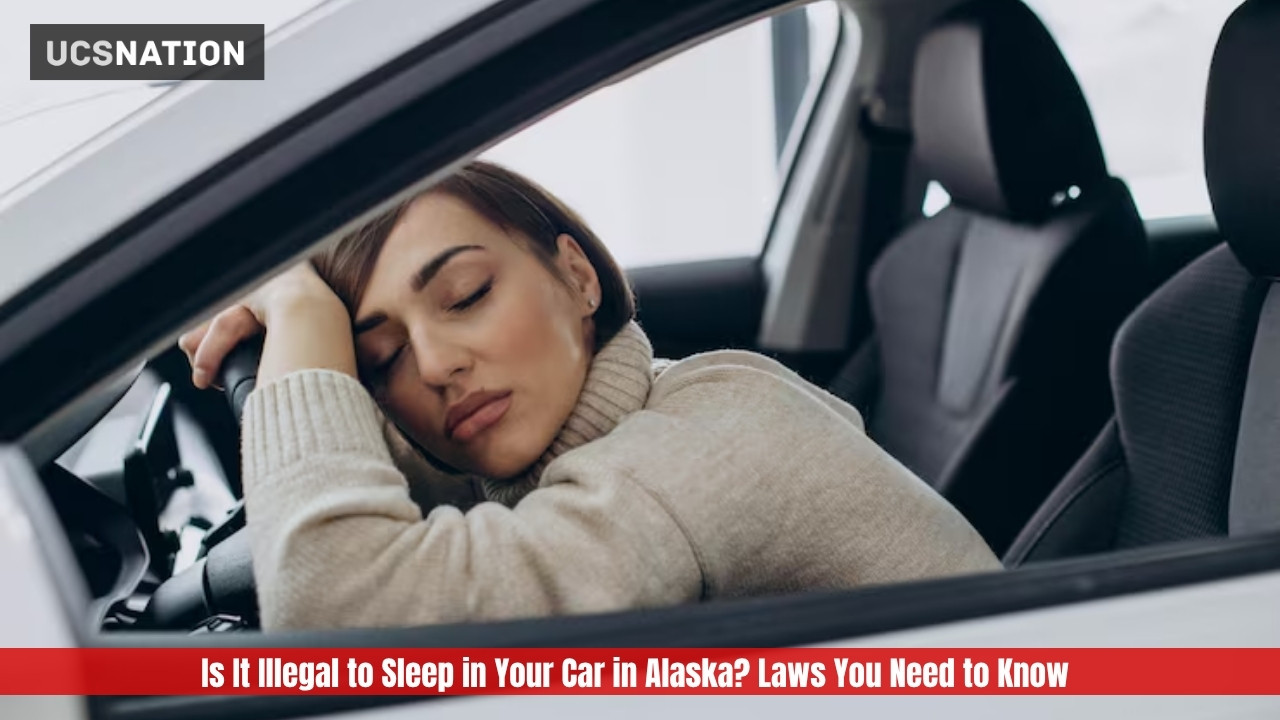
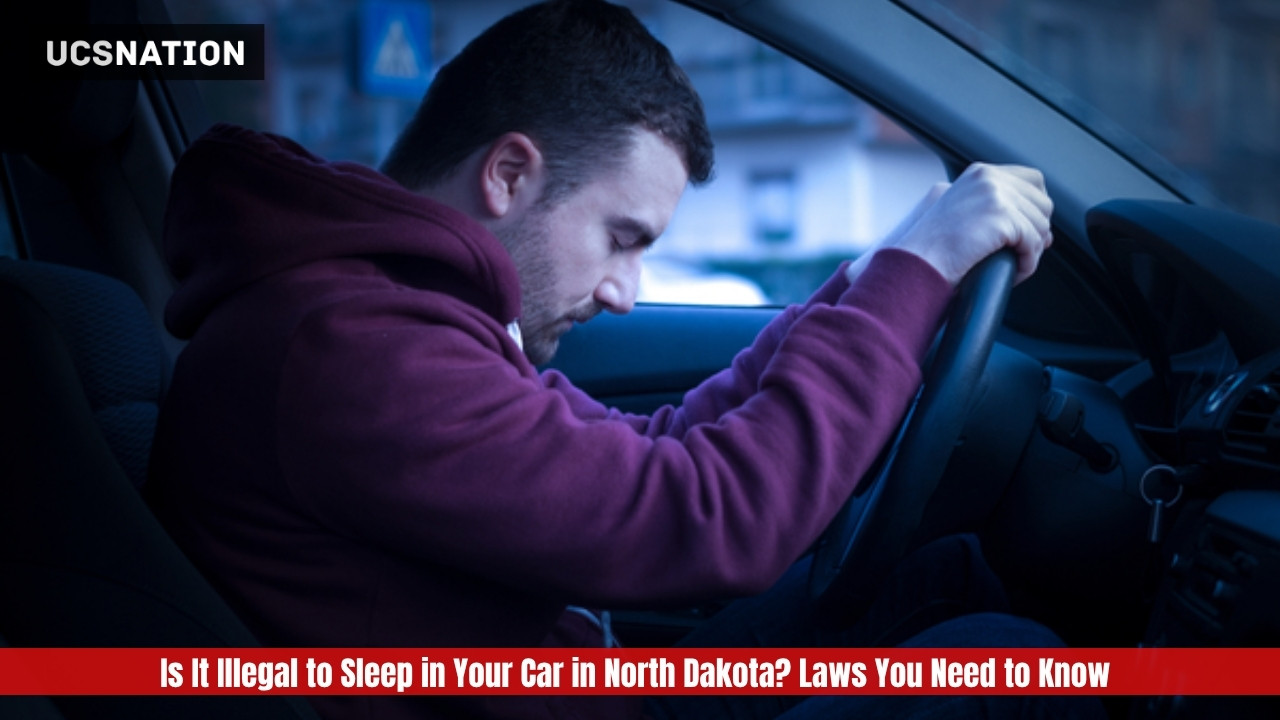
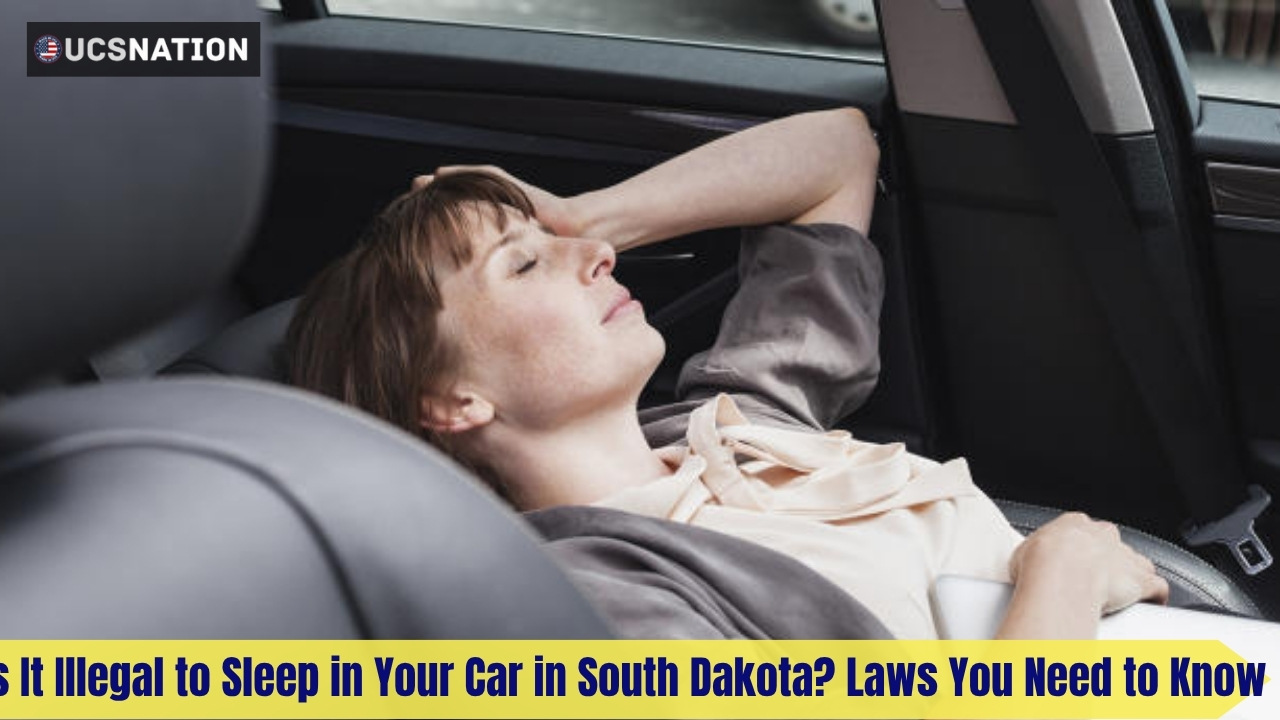

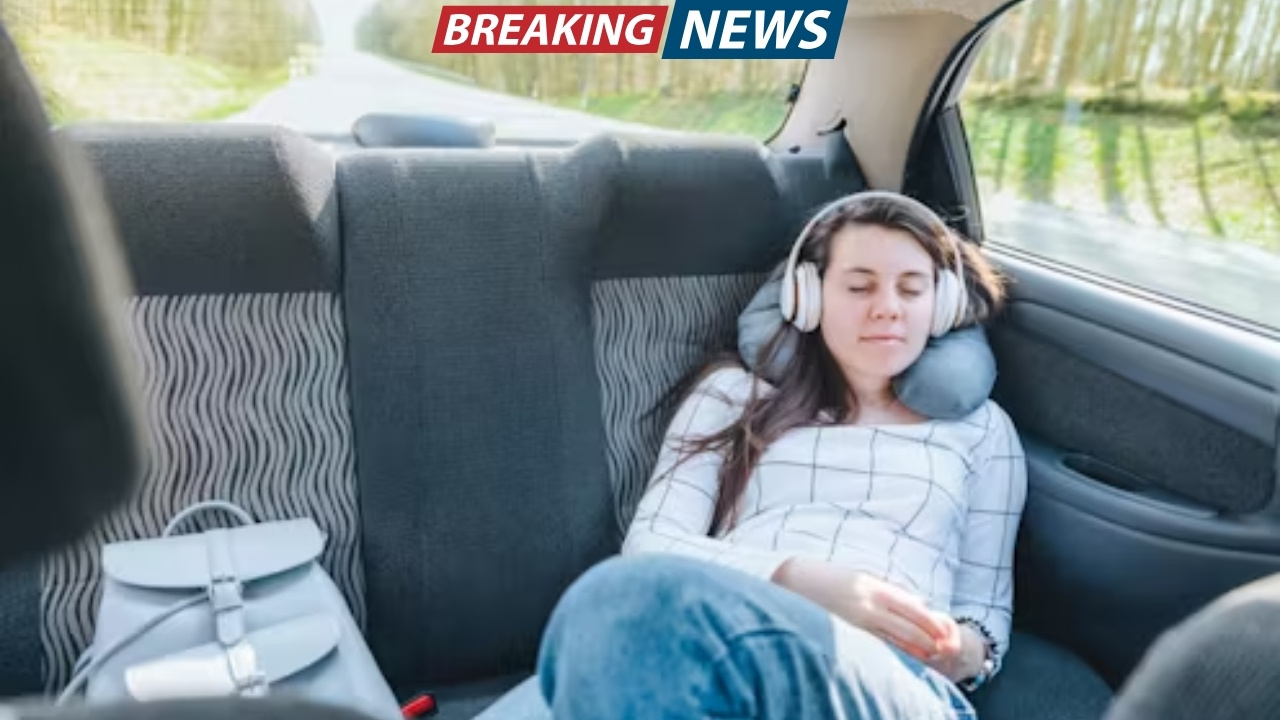
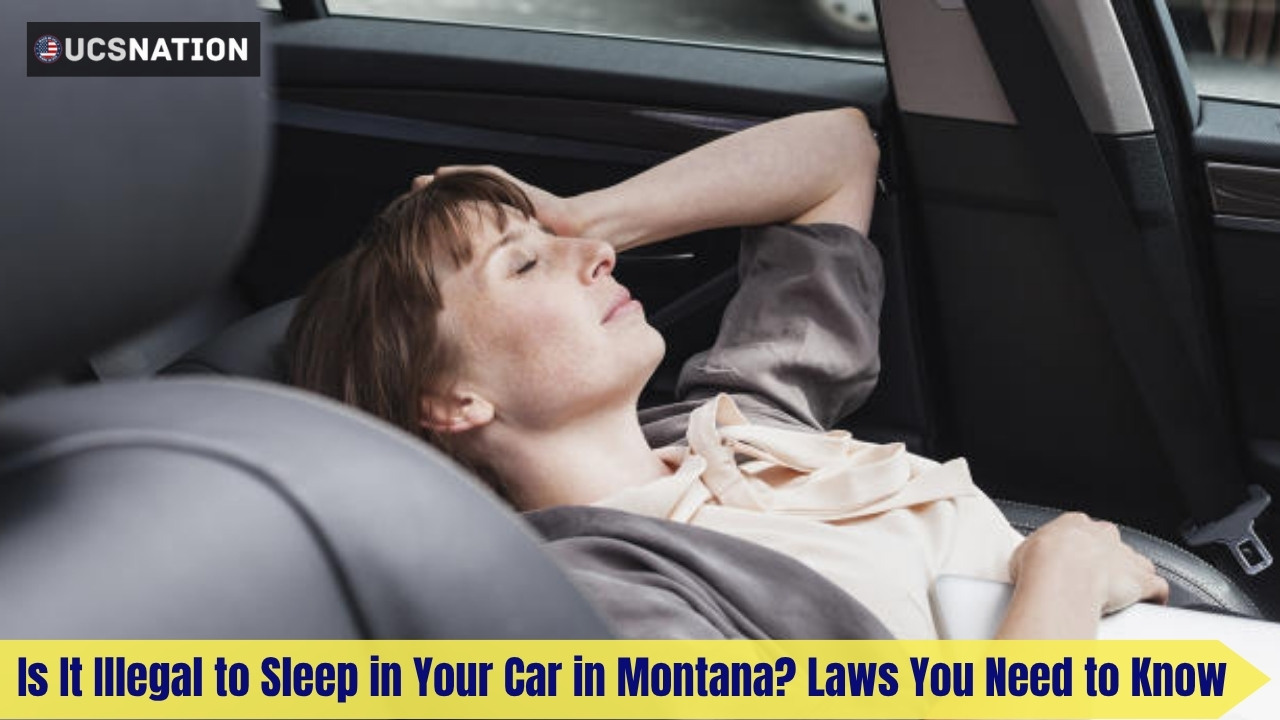




Leave a Reply